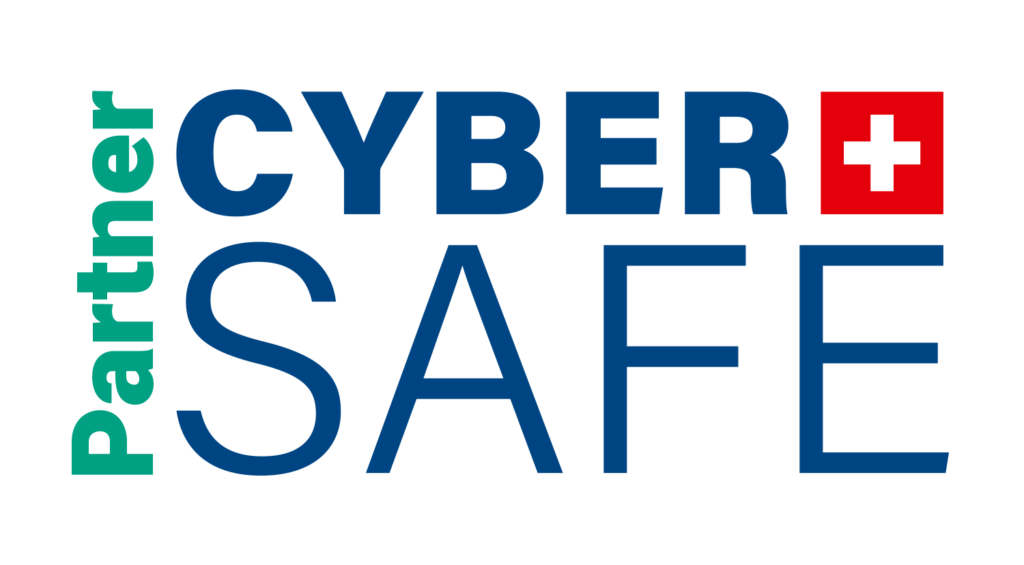Featured Story
CISA Warns of Jenkins RCE Bug Exploited in Ransomware Attacks

CISA has added CVE-2024-23897 to its Known Exploited Vulnerabilities catalog. This flaw allows unauthenticated attackers to read arbitrary files from Jenkins controller file systems via the CLI parser. Multiple threat actors, including the RansomEXX gang, have exploited it in real-world attacks on service providers like BORN Group and Brontoo Technology Solutions.
Jenkins plays a critical role in CI/CD pipelines, making this RCE flaw particularly dangerous. We strongly advise applying the patches released in Jenkins versions 2.442, LTS 2.426.3, and LTS 2.440.1. Our SOC team can assist with vulnerability management and deployment best practices.
Other Stories
Google Fixes High-Severity Chrome Flaw Actively Exploited in the Wild
Google has patched CVE-2024-7971, a type confusion bug in the V8 JavaScript engine affecting Chrome prior to version 128.0.6613.84. The flaw allowed attackers to exploit heap corruption via crafted HTML content. It is the third type confusion bug addressed by Google in 2024.
We recommend updating Chrome and all Chromium-based browsers immediately. Patch to Chrome 128.0.6613.84/.85 on Windows/macOS or 128.0.6613.84 on Linux. Monitor enterprise browsers for lagging updates or bypassed policies.
Critical Flaw in WordPress LiteSpeed Cache Plugin Allows Hackers Admin Access
CVE-2024-28000 (CVSS 9.8) affects the popular LiteSpeed Cache plugin with over 5M installs. The unauthenticated privilege escalation flaw lets attackers gain admin rights and install malicious plugins. Patched in version 6.4.
All WordPress sites using LiteSpeed Cache must upgrade to version 6.4 or later immediately. Failure to patch leaves sites open to full compromise. We also recommend plugin audits and limiting admin access to vetted accounts only.
WhatsApp Data Leak Hits Belgian Users – 3.2 Million Numbers for Sale
Safeonweb warns that over 3.2 million WhatsApp numbers and user IDs linked to Belgian users are circulating on dark web forums. This leak enables scams including smishing (SMS phishing) and vishing (voice phishing).
Follow these tips to protect yourself:
- Be cautious of unknown callers or messages
- Enable two-factor authentication on WhatsApp
- Never share personal details over text or phone
- Adjust your privacy settings to reduce exposure
Our SOC team can help verify suspicious activity or messages.
Contact the Approach Cyber SOC team for tailored support and training programs.






